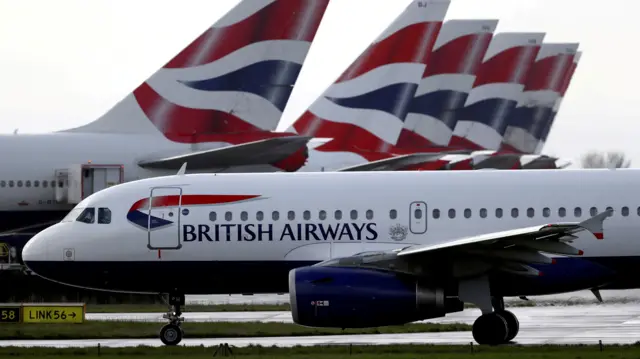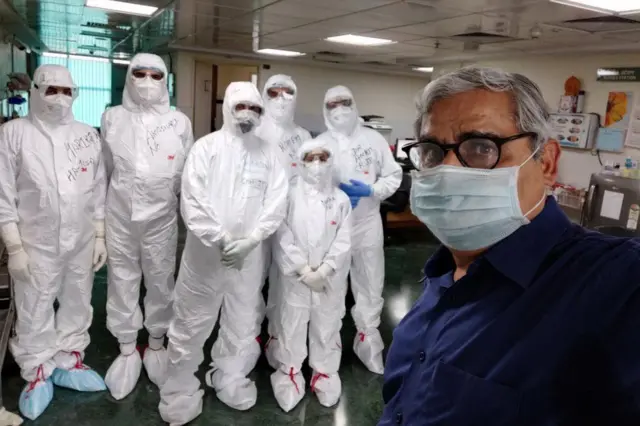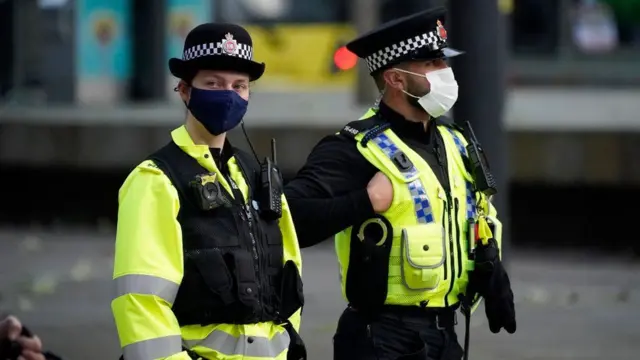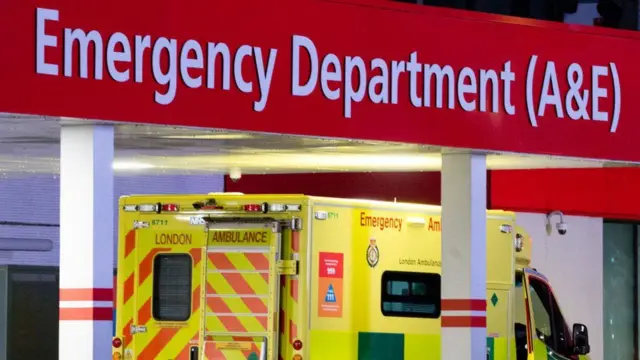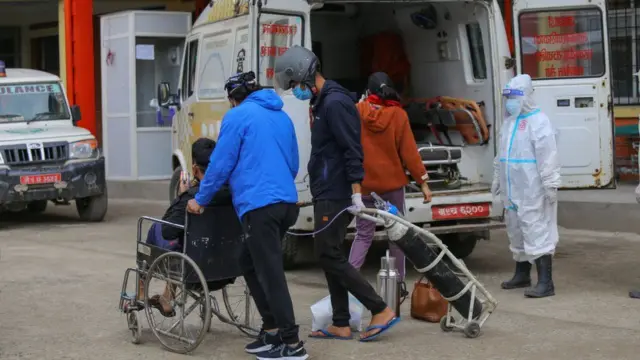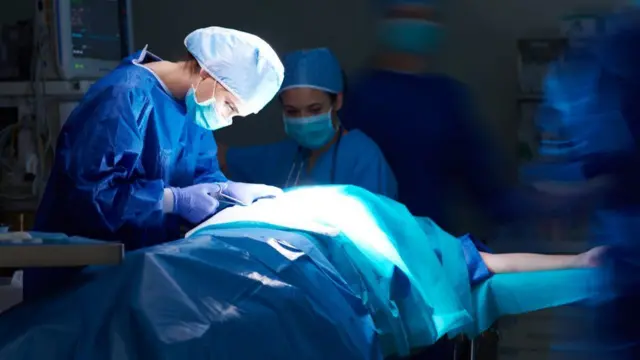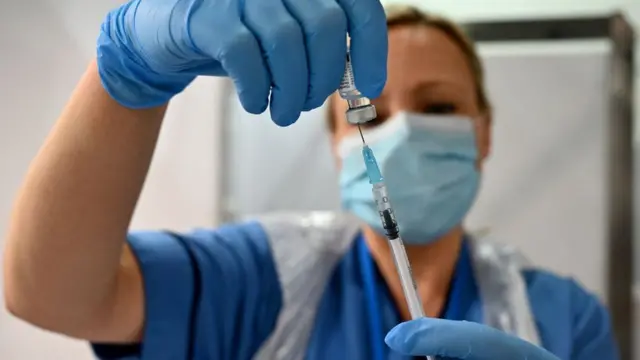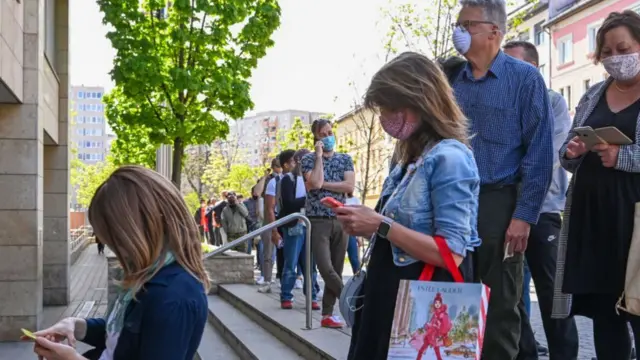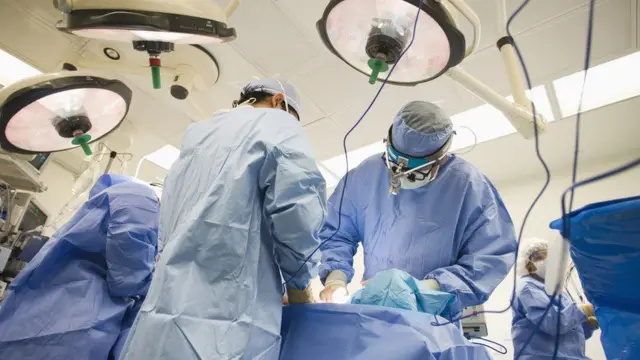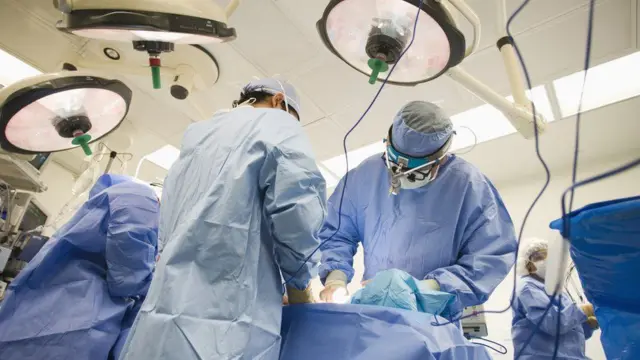Rising cases in Glasgow 'may involve Indian variant'published at 11:07 British Summer Time 13 May 2021
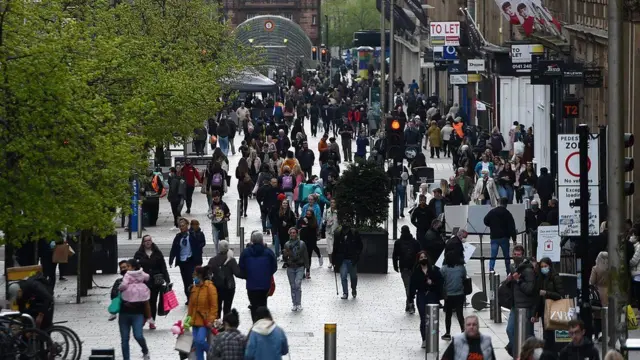 Image source, Getty Images
Image source, Getty ImagesA rise in coronavirus cases in Glasgow may involve the Indian variant, a public health expert says.
Prof Linda Bauld, from Edinburgh University, says the B16172 variant, first identified in India, "may be some of the cases" in the south side of the city, where there has been a "big rise".
She tells BBC Radio Scotland the Indian variant may be more transmissible than the variant first identified in Kent, which is now dominant in the UK.
First Minister Nicola Sturgeon says the situation in Glasgow is being monitored "very closely" amid concern about the Indian variant.
It comes as most of Scotland is due to move down to level two Covid restrictions on Monday, allowing up to six people from no more than three households to socialise indoors.
The case rate in Glasgow is currently above the threshold for moving to level two - but so far ministers have said only Moray will remain in level three.
